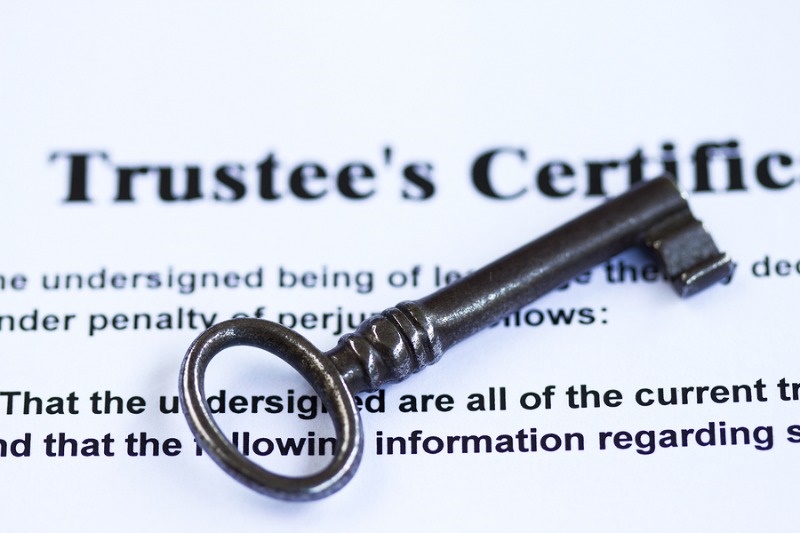The duty of good faith and fair dealing is essentially the Golden Rule of Contract law and Business Law: treat others how you want to be treated, and you have a better chance of avoiding litigation. When parties run afoul of this duty, courts notice and hold them accountable. In Blondell v. Ahmed, the North Carolina Court of Appeals remanded a case where it believed the sellers of a home may have breached their duty of good faith and fair dealing under a Listing Agreement with their real estate agent.[1]
In March of 2013, the sellers of a house, Shakil and Shabana Ahmed, and their real estate agent, Colleen Blondell, entered into a Listing Agreement in which the Ahmeds agreed Blondell’s company had the exclusive right to sell the house for a one-year period. A few days later, Blondell showed the home to two buyers, the Feketes, who made an offer. After some negotiation, the two sides did not reach an agreement, and the sellers informed Blondell they decided not to sell their home and wished to terminate the Listing Agreement. She emailed them a Termination Agreement which stated it was not effective until signed by both sides. The Ahmeds promptly signed and emailed it back to Blondell.
After sending back the Termination Agreement, the sellers met with the potential buyers without Blondell’s knowledge and the two parties came to a tentative agreement regarding the sale of the house. A week later, the buyers presented the sellers with a written offer and the sellers immediately contacted Agent Blondell to determine whether she signed the Termination Agreement. Blondell then signed the Termination Agreement and, the following day, the sellers executed the contract to sell their home. Blondell, unhappy about the lost commission on the sale, sued the sellers alleging a breach of the duty of good faith and fair dealing. The sellers argued the Termination Agreement was valid, so the duty no longer existed and, therefore, could not be breached.
The Court’s decision hinged on whether the Termination Agreement was enforceable prior to the date of the sale. When Blondell emailed the unsigned Termination Agreement to the sellers, she implied termination of the agreement was effective once the sellers emailed it back to the agent.[2] The Court of Appeals cited Root v. Allstate[3]and the Parol Evidence Rule for the proposition that the Court “cannot consider the e-mail language because it contradicts the unambiguous language contained in the Termination Agreement.”[4]
The Parol Evidence Rule states, “when a written instrument is introduced into evidence, its terms may not be contradicted by parol or extrinsic evidence, and it is presumed that all prior negotiations are merged into the written instrument.”[5] Parol, or extrinsic evidence, is outside evidence that is not a part of the contract. As such, the email language implying the Termination Agreement was effective upon return to Blondell was not admissible and, thus, the Termination Agreement was only enforceable when Blondell signed it herself on May 10th. The meeting between the buyers and sellers and negotiations prior to the 10th without Blondell’s knowledge could be considered a breach of the duty of good faith and fair dealing. The Court of Appeals remanded the case to the trial court to determine whether a breach of that duty did in fact occur.
When it comes to real estate and other business transactions, it is a good idea for both sides to deal with one another fairly and in good faith to avoid breaching any legal duty. However, if a party insists upon violating the golden rule, they ought to first read the fine print to ensure their contractual obligation to operate in good faith and fair dealing has been terminated so they do not find themselves in protracted litigation.
[1] Blondell v. Ahmad, et. al., N.C.Ct.App, .No. COA15-796 (May 17, 2016).
[2] The email language stated, “Attached you will find the Termination Agreement for the listing of your home. Please sign the form and return it to me at your earliest convenience thereby severing any obligation we have with one another.” (emphasis added)
[3] Root v. Allstate Ins. Co., 272 N.C. 580, 587, 158 S.E.2d 829, 835 (1968).
[4] Blondell v. Ahmad, et. al. at 6.
[5] Root v. Allstate at 587.




